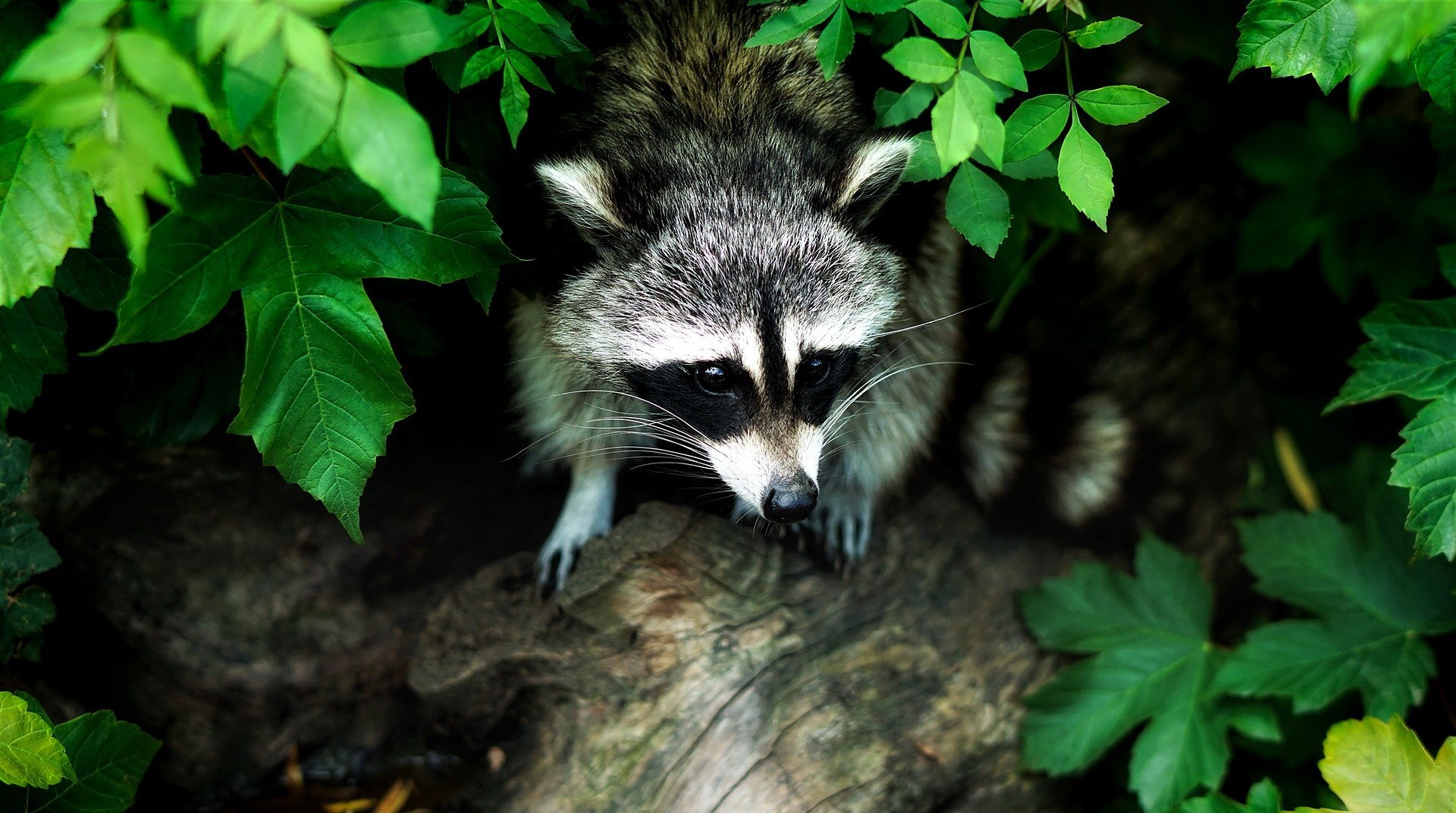11 Dec 2024

Tired Earth
By The Editorial Board

When visiting cities, coyotes seem to prefer the nightlife while deer and squirrels would rather be home before dark. That's the finding of new research from University of Utah ("the U") scientists who found that mammals in urban environments shifted the timing of their daily activities, likely to avoid encountering humans.
With the help of community volunteers, biologists in the U's School of Biological Sciences set up a network of more than 300 trail cameras to cover urban sites in the Salt Lake Valley as well as sites in the Uinta-Wasatch-Cache National Forest. During the summer months of 2018 and 2019 they logged 19,034 sightings of mammals, focusing specifically on the most abundant: coyote, mule deer, raccoon, squirrel and skunk.
But the mammals in the city didn't all behave like their country cousins. Raccoons and skunks were largely nocturnal in both locations, but coyotes' activities moved into the night hours in the city and deer and squirrels moved their activity to daytime hours. (In the wild, coyote deer and squirrels spent more active time in the dawn and dusk hours).
These shifts have consequences for interactions between species. Squirrels' shift in timing decreased their interaction with humans, but the deer increased their human interaction. And by shifting into the nighttime hours, the coyotes had less interaction with both deer and squirrels, impacting their access to prey.
Previously, researchers had found that single species changed the timing of their behavior in urban environments. With these results, showing that timing changes extend across multiple species in an ecosystem, researchers can now learn more about how and why animals change their behavior in response to human activity—and what those changes mean for their ecosystem.
The study is published in Global Ecology and Conservation.
Source : phys.org
Comment